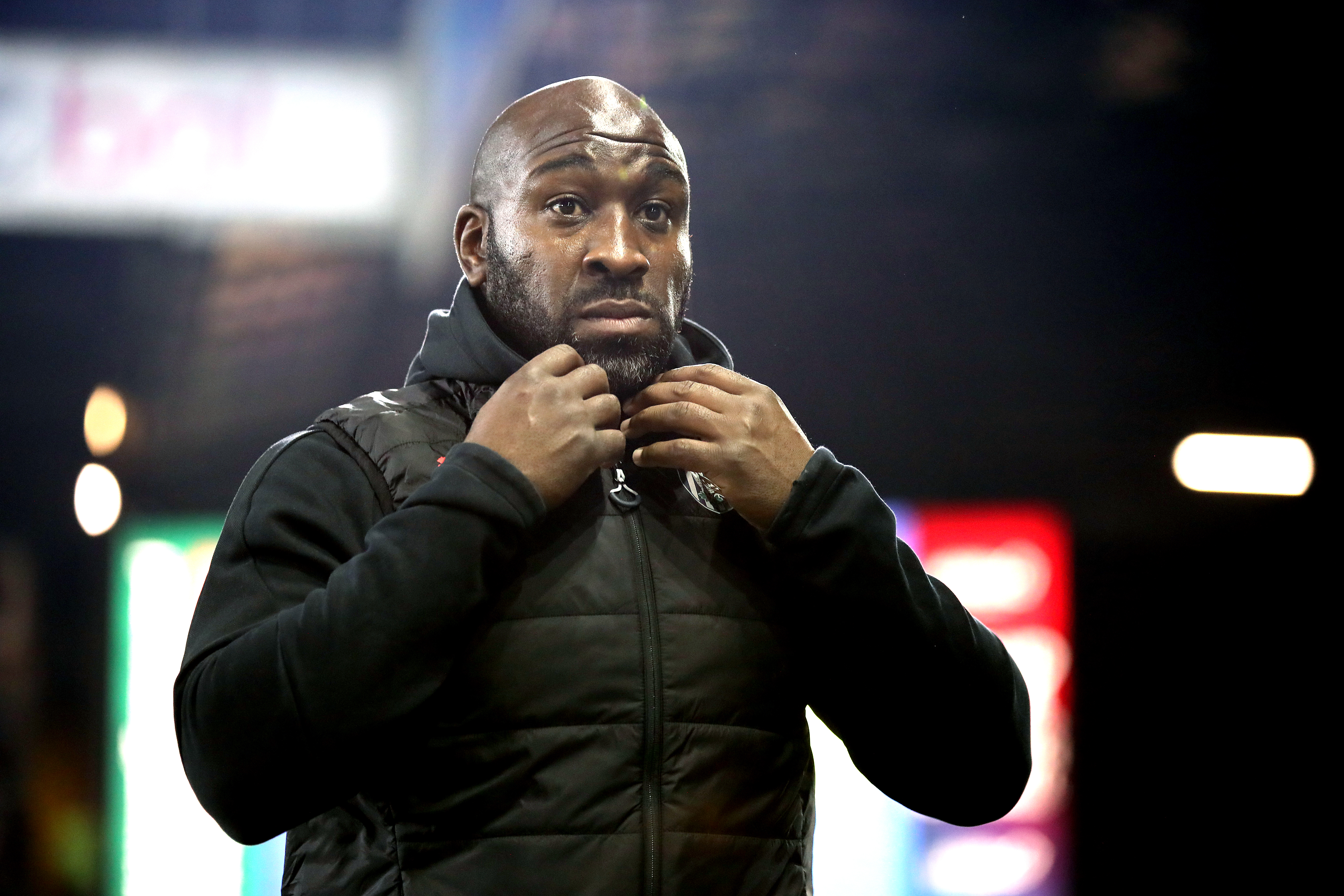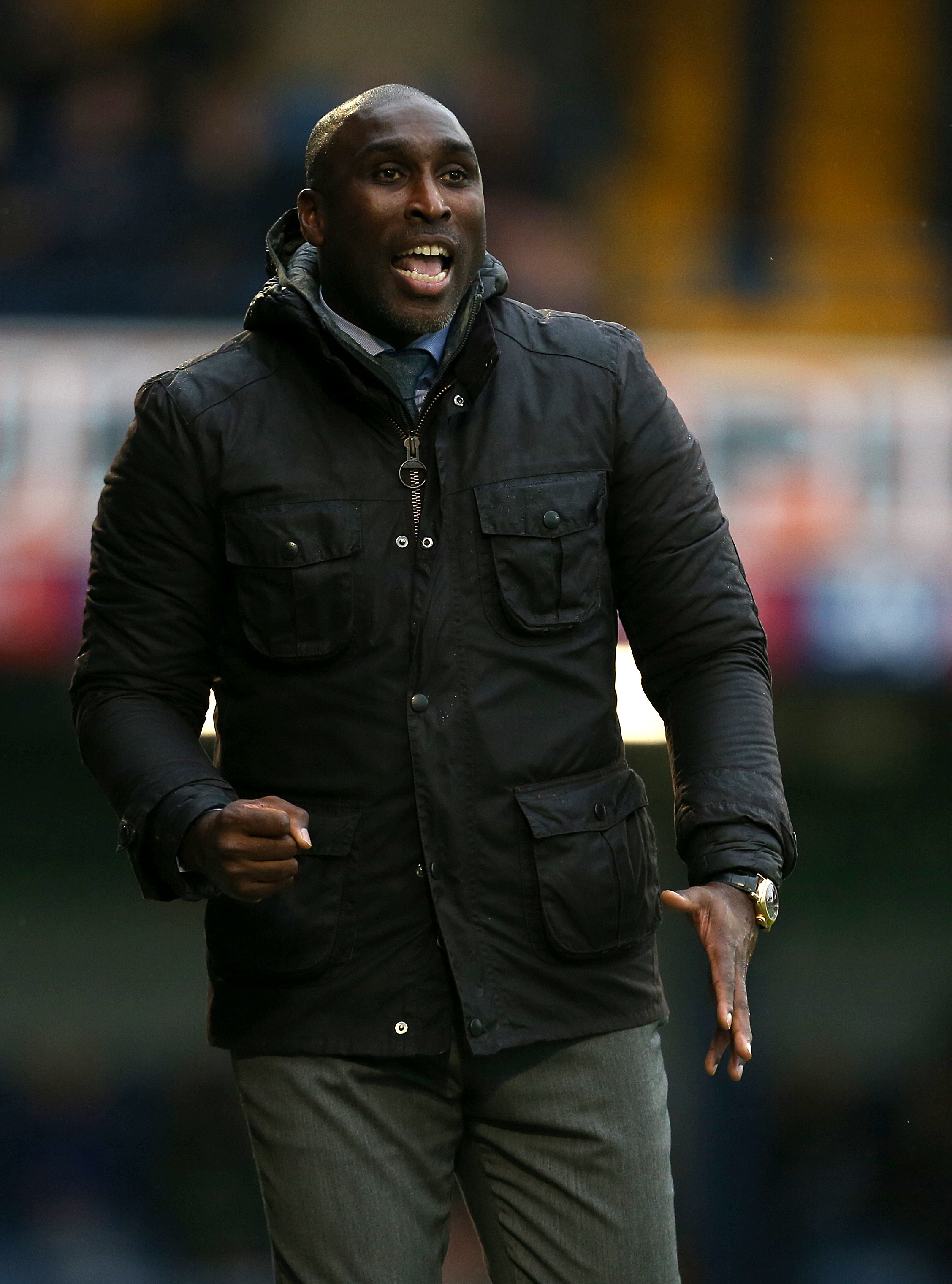Premier League, PFA and EFL launch placement scheme for ethnic minority coaches

A placement scheme has been set up with a view to improving the representation of individuals from ethnic minority backgrounds in the coaching ranks.
The Premier League, English Football League and Professional Footballers’ Association have worked together to set up the player-to-coach scheme, designed to assist players make the transition at the end of their playing careers.
The scheme will be open to all PFA members from a black, Asian or other ethnic minority background and will initially provide up to six coaches per season with a 23-month placement at an EFL club.
The #PL, @PFA and @EFL have launched a new coach placement scheme aimed at increasing the number of Black, Asian and minority ethnic (BAME) players moving into full-time coaching roles in the professional game— Premier League (@premierleague) June 29, 2020
The scheme, jointly funded by the Premier League and the PFA, will have its first intake for the 2020-21 season.
PFA equalities executive Jason Lee told the PA news agency his organisation has a database of around 200 qualified BAME coaches, and he anticipates the scheme being over-subscribed.
“Very few off that list are in employment and working within the industry,” he said.
“There’s a poor proportion of (BAME) coaches, especially around the first-team environment. Academies don’t tend to be that bad, it’s when you want to get beyond academy coaching and work with the first team, or be a manager that there’s this lack of opportunity.
The best features, fun and footballing quizzes, straight to your inbox every week.
“Coaches and managers have been telling me for years how hard it is to get a foot in the door and we could talk about the Rooney Rule and just getting an interview has been the biggest problem.”
The PFA, @premierleague and @EFL announce a new coach placement scheme.— Professional Footballers' Association (@PFA) June 29, 2020
Lee said it would be a “no-brainer” for clubs to want to be involved, but that they would have to apply to be involved and prove their credentials as an inclusive employer.
“It’s not just about bringing in an extra body, a paid coach, it’s about giving them an opportunity,” he said.
“Clubs are having to put their tender in, in the same way that the prospective coach is having to apply for the position as well.”
Darren Moore, chair of the Premier League’s Black Participants’ Advisory Group, said: “This is a critical time for black, Asian and minority ethnic coaches.
“We all know and agree that the diversity of coaches and managers must increase and this placement scheme represents a positive step.”
The lack of representation of black people in senior leadership roles in the sport has been in the spotlight because of the increased focus worldwide on the Black Lives Matter movement.
Manchester City and England forward Raheem Sterling has been among those questioning why so few black ex-players have made the transition into coaching or other responsible roles within football clubs.

Moore added: “There are lots of roles in the academy system all the way through to first team and young coaches can slot in at different points to begin that journey.
“We need to have the right structures and people in place to develop their careers.
“I know from my own experiences the value of strong support throughout the coaching journey, which is why I, alongside other senior coaches and former players, will be drawing on our collective expertise to provide guidance to those making the transition into coaching and working in the professional environment.”
Since last summer EFL clubs have been required to interview at least one candidate from an ethnic minority background for every coaching or managerial vacancy when they run a full recruitment process with a shortlist.

The PFA pointed out though that it is often the case that appointments are made mid-season without a full process, and urged the EFL to update its regulations to cover every appointment.
EFL chief executive David Baldwin said about the new scheme: “It is imperative that the appropriate pathways are in place to provide BAME representatives with the opportunities to make the transition from playing to coaching.
“We know the game needs to do more to ensure the diversity and inclusivity we see on the pitch week in, week out, leads to better representation in coaching and managing if we are to embed significant change for the future.”
 Join The Club
Join The Club





